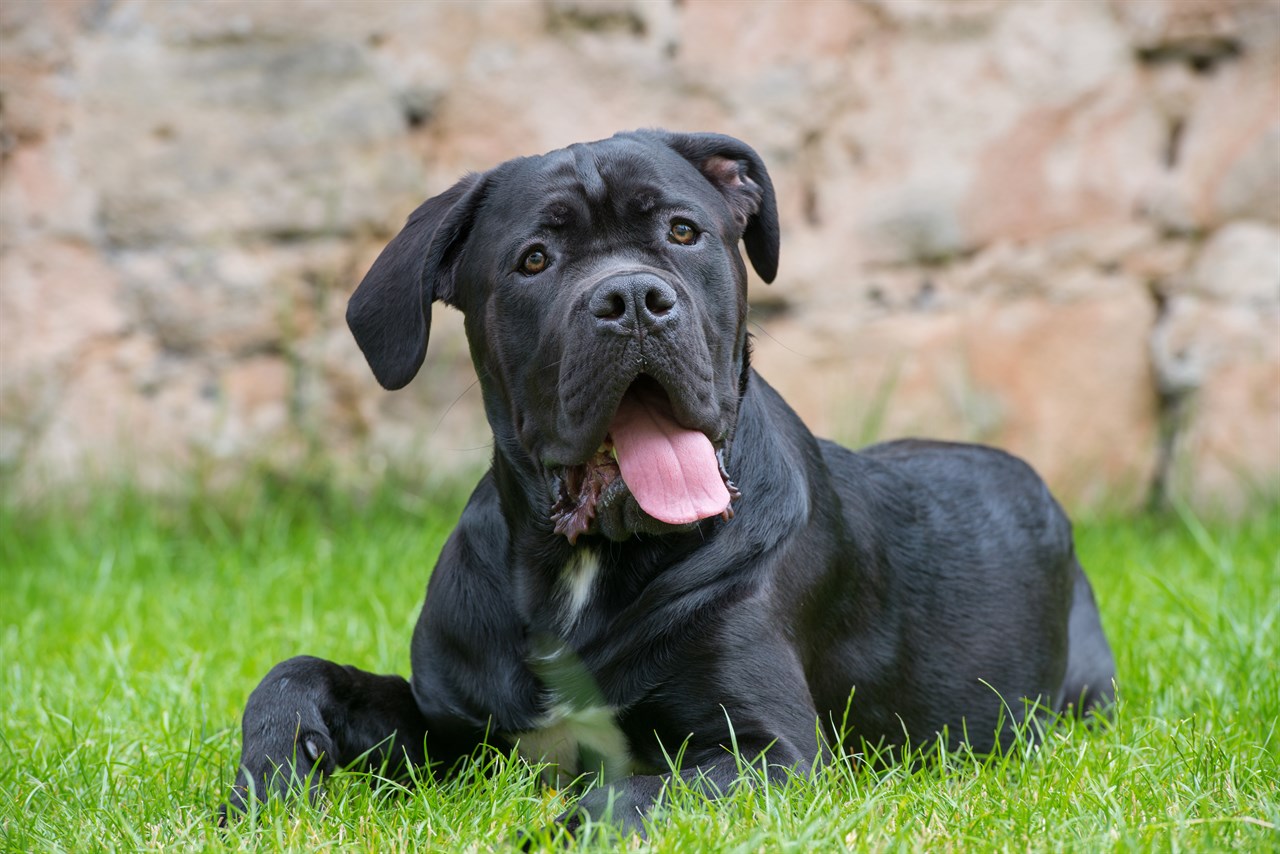Common Health Issues of the Italian Corso Dog

The Italian Corso Dog, or Cane Corso, is generally a healthy and robust breed. However, like all breeds, they can be prone to certain health issues. Being aware of these potential concerns and taking preventive measures can help ensure the well-being of your Cane Corso. Common health issues in the breed include the following.
Hip Dysplasia
Hip dysplasia is a genetic condition in which the hip joint doesn't develop properly, leading to arthritis and pain. Responsible breeders screen their breeding dogs for hip dysplasia, but it can still occur. Maintaining a healthy weight and providing joint supplements can help manage the condition.
Elbow Dysplasia
Elbow dysplasia is a similar condition affecting the elbow joint. It can lead to lameness and arthritis. Regular vet check-ups and weight management are important to monitor for signs of elbow dysplasia.
Bloat (Gastric Torsion)
Cane Corsos are one of the breeds prone to bloat, a life-threatening condition in which the stomach twists on itself. It can cause rapid deterioration and requires immediate veterinary attention. Feeding smaller, more frequent meals and avoiding strenuous exercise after eating can help reduce the risk.
Heart Issues
Some Cane Corsos may be susceptible to heart problems, such as dilated cardiomyopathy (DCM). Regular cardiac screenings can help detect and manage these issues.
Entropion
Entropion is a condition where the eyelid rolls inward, causing irritation and potential eye damage. Surgical correction may be necessary if this condition is present.
Ectropion
Ectropion is the opposite of entropion, where the eyelid rolls outward. It can lead to eye dryness and increased susceptibility to eye infections. In severe cases, surgical correction may be required.
Obesity
Cane Corsos can gain weight easily, which can exacerbate existing health issues and lead to other problems. Maintaining a healthy diet, portion control, and regular exercise are essential to prevent obesity.
Allergies
Some Cane Corsos may develop skin allergies or food sensitivities. These can cause skin itching, ear infections, and gastrointestinal issues. Identifying and managing allergens through dietary changes or medications can help.
Cancer
As with many breeds, Cane Corsos can be susceptible to various forms of cancer. Regular vet check-ups and awareness of signs of cancer can aid in early detection and treatment.
Dermoid Sinus
Dermoid sinus is a congenital condition in which a tube-like structure forms under the skin. It can be associated with infection and should be surgically corrected.
Responsible Breeding
Choosing a responsible breeder who screens their breeding dogs for genetic health issues and adheres to breed standards is crucial in reducing the risk of hereditary health problems.
Regular veterinary check-ups, a balanced diet, proper exercise, and preventive care can help manage and reduce the risk of these common health issues in the Italian Corso Dog. Early detection and prompt veterinary intervention are key to addressing any health concerns that may arise throughout your Cane Corso's life.
Cane Corso puppies for sale
- Find Cane Corso puppies for sale in ACT
- Find Cane Corso puppies for sale in NSW
- Find Cane Corso puppies for sale in NT
- Find Cane Corso puppies for sale in QLD
- Find Cane Corso puppies for sale in SA
- Find Cane Corso puppies for sale in TAS
- Find Cane Corso puppies for sale in VIC
- Find Cane Corso puppies for sale in WA